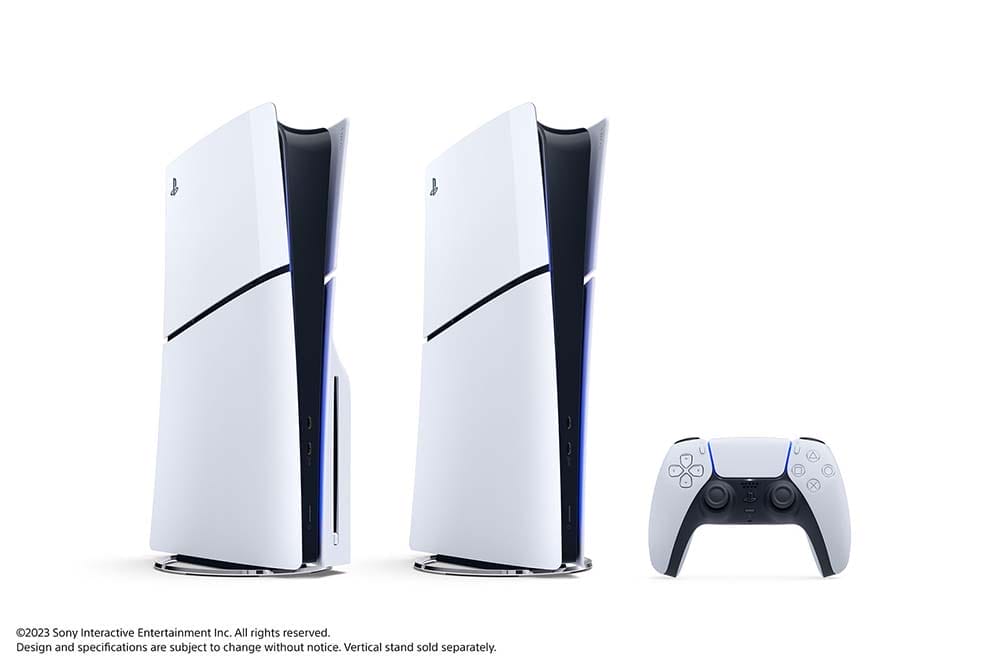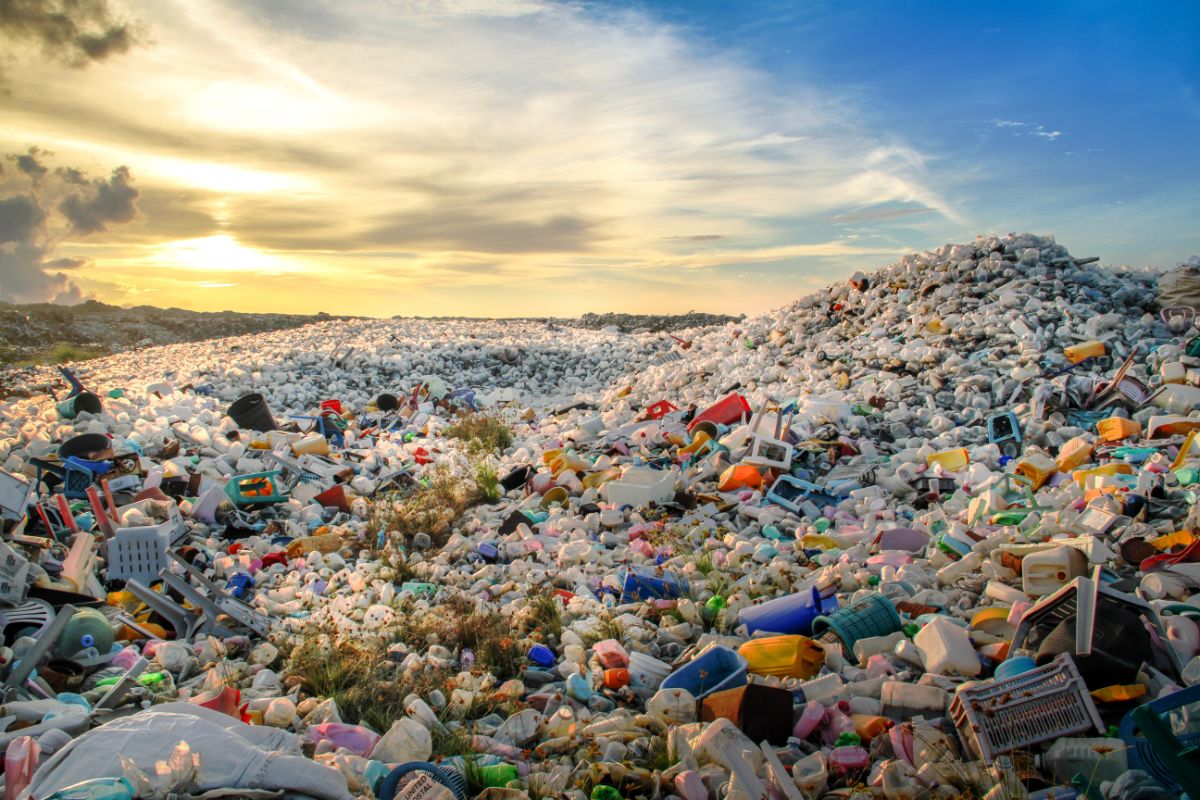Sometimes you order things online, you are not satisfied with it and you send it back. You might think it will be sold to someone else. But this is often not the case.
For businesses, it is usually cheaper to dispose of returned items than to resell them. This is clear from a New study from swedish Lund University. The researchers interviewed employees from the textile and electronics industries to find out why they got rid of all this stuff and if there was a better solution.
More carbon dioxide emissions
Online shopping has become so normal that people can safely order different sizes of the same piece of clothing, keep just the right size and return the rest. After all, returns are always free. Previous research has also shown that shopping online leads to significantly more returns than shopping in physical stores. According to industry data itself, online product revenue is still on the rise.
This leads to more CO2 emissions, because the truck has to go back and forth from your home to the warehouse. But that’s not all: What few people know is that many companies dump the proceeds afterward. By some accounts, nearly €22 billion of returned clothing and electronics will be destroyed in 2022 in the European Union alone. Other data indicates that this amount may be higher.
The better of two evils
“The hard truth is that getting rid of things is financially the lesser of two evils for the company,” researcher Carl Dahlmar explains. “This is especially true of goods that are cheap compared to the cost of having them inspected, repackaged and offered for sale.” Together with colleagues, the researcher spoke to eleven responsible people from the industry. Elimination of returns is widespread among both online clothing stores and electronics stores. The following applies: The higher the price of the product, the higher the chance that it will be repackaged and sold.
return ban
The Swedish researchers say that solving this problem is not that difficult. In France there is a ban on disposing of return shipments, but it is not so simple. Because if companies have to give away their unsold products, which are still as good as new, to thrift stores or charities, the value of the original product in the store goes down. Or, say, cheap headphones that break right away. A second-hand store doesn’t want that at all, explains Dahlmar.
He thinks it is much better to ask for money for the proceeds. “It’s clear that consumers are abusing the free returns policy,” he says. Some clothing stores actually charge money for returning a product, but in most web stores it’s still free. That’s because companies quickly recoup the additional costs of returns, because customers who return things still generate more profit for an online store than those who don’t return anything. This is another researcher thing from Lund UniversityClaes Hjort, previously shown.
More efficient return process
So he is not sure that a refund will solve the problem. “It may very well be that if it becomes too expensive to return cheap products, the consumer will still throw them away.” His research shows that 65 to 70 percent of customers who buy something online never return anything, even if they buy items that are usually returned often. “So it’s a relatively small percentage of online consumers who send things back. On the other hand, these people often do. Many people who never return anything say that the process is complicated and sometimes expensive, and that is The reason is that they keep the products just to get rid of them later.”
Researchers believe there are ways to make the returns process more efficient so that resale of returned products is the most cost effective, both financially and environmentally. “For example, we see that companies that better structured their operations were able to reduce their costs of return by 65 percent. The number of returnees decreased by 15 percent.”
fast fashion
Hjort and Dalhammar believe that fast fashion must also end to put an end to the comeback problem. Jackets and trousers that can be bought for a few euros are easily discarded, both by the consumer and the manufacturer. “We’ve lived on cheap credit for decades. The question isn’t whether you’re for or against progress, or for or against the free market, it’s about the idea that we should get back to a market economy where consumers buy fewer but better products,” Dahlmar says.

“Total coffee specialist. Hardcore reader. Incurable music scholar. Web guru. Freelance troublemaker. Problem solver. Travel trailblazer.”






More Stories
Will it soon be possible to freeze humans and then thaw them again?
Do you also find it difficult to eat more fruits and vegetables? A little scrolling through social media can help
NASA Relief: 46-year-old Voyager 1 space probe no longer delivers gibberish to Earth